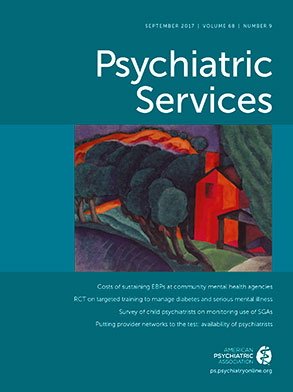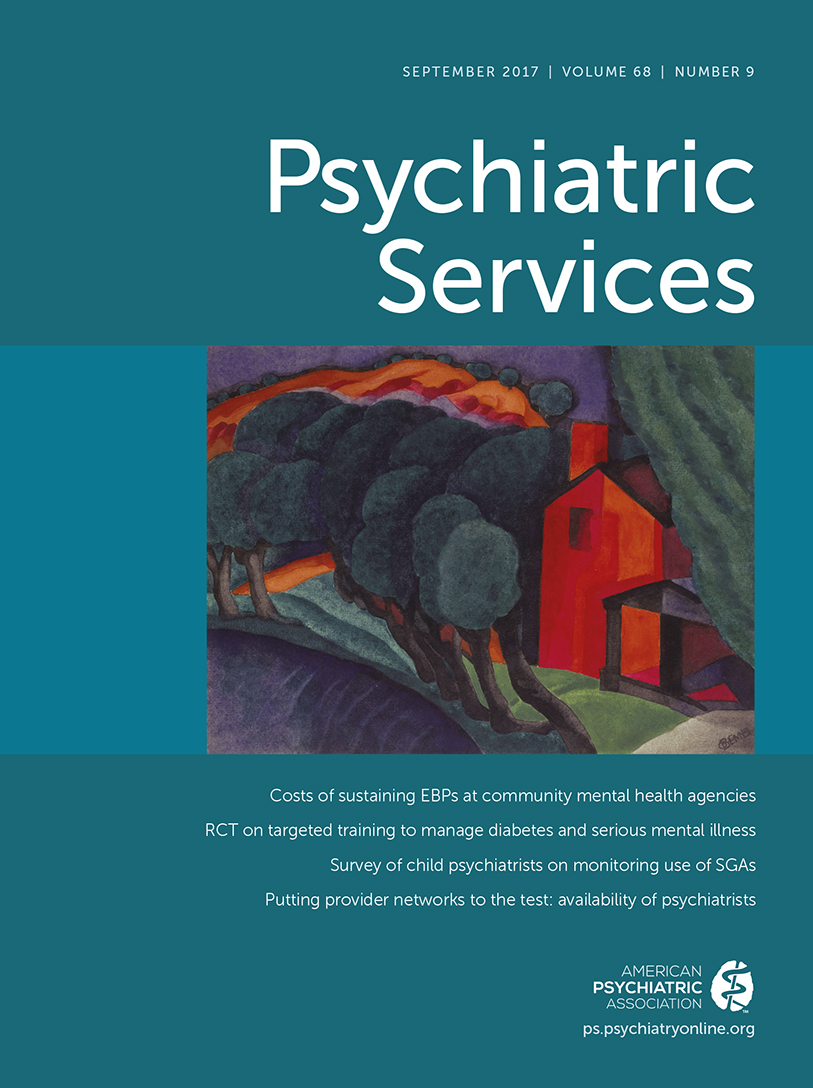Studies describing the roles of peer specialists have been done across multiple or single programs; have extracted information about job roles from qualitative interviews with peer specialists, coworkers, and supervisors; or have surveyed peer specialists about their positions. [A brief description of these studies is available in section 1 of the
online supplement to this Open Forum.] Variation in study methods and in job roles of peer specialists has likely contributed to the lack of role clarity often described by those implementing peer specialist services. To address this variation, a recent effort was made to systematically organize the wide range of studies on the peer specialist role. Through a literature review and expert panel process, Chinman et al. (
4) developed a list of 16 roles that were used to inform the development of a fidelity measure for the peer specialist position. Four roles addressed peer specialist services (promoting hope, promoting empowerment, reducing social isolation, and increasing people’s participation in their own illness management). Nine roles addressed concrete actions that peer specialists take, including being a role model, sharing their recovery story, doing recovery planning, engaging people into services, linking people to community resources, being a liaison between other staff and people receiving treatment, advocating for recovery to other staff, teaching coping skills, and teaching problem-solving skills. The last three roles described processes used by peer specialists, namely, focusing on people’s strengths, providing empathy, and developing a trusting relationship. The benefit of this effort is that it combined various studies that have used different viewpoints (peer specialist, person receiving treatment, coworker, and supervisor) and methods (qualitative, quantitative, and mixed methods). The list, and the measure that was created from it, could be useful as a common nomenclature to characterize peer specialist services in future research.
Besides the varied roles, peer specialists also operate in a diverse number of service settings, including traditional mental health, primary care, or community-based programs. Peer specialists may serve on interdisciplinary teams in which they work primarily with nonpeer clinical providers, with other peer specialists, or independently. Peer specialists may provide different kinds of services depending on the setting and context in which they practice (
5).
Peer specialists also vary with regard to the theoretical models or orientation of their services. For example, in the intentional peer support model, relationships are reciprocal, and both persons can take on the role of supporter (
6). On the other side of the spectrum are peer specialists within medical systems, who are part of a clinical team, enter notes into medical charts, and support treatment plans that often include psychotropic medication. These peer specialists are not expected to assume the role of the individual needing support. There are also various theories about what makes peer specialists effective [see section 2 of the
online supplement]. Some studies, such as Solomon (
7), have described mechanisms thought to yield benefits for those who receive peer specialist services (for example, use of experiential learning and natural social support and mutual benefit of peer specialist work). Others, such as Gillard et al. (
8), have used qualitative approaches to suggest effective mechanisms (for example, develop trusting relationships, use role modeling to build hope, challenge stigma, build skills, and promote engagement in mental health services and community supports). Although these mechanisms and theories have face validity, studies have not been done to prospectively assess their explanatory power.

